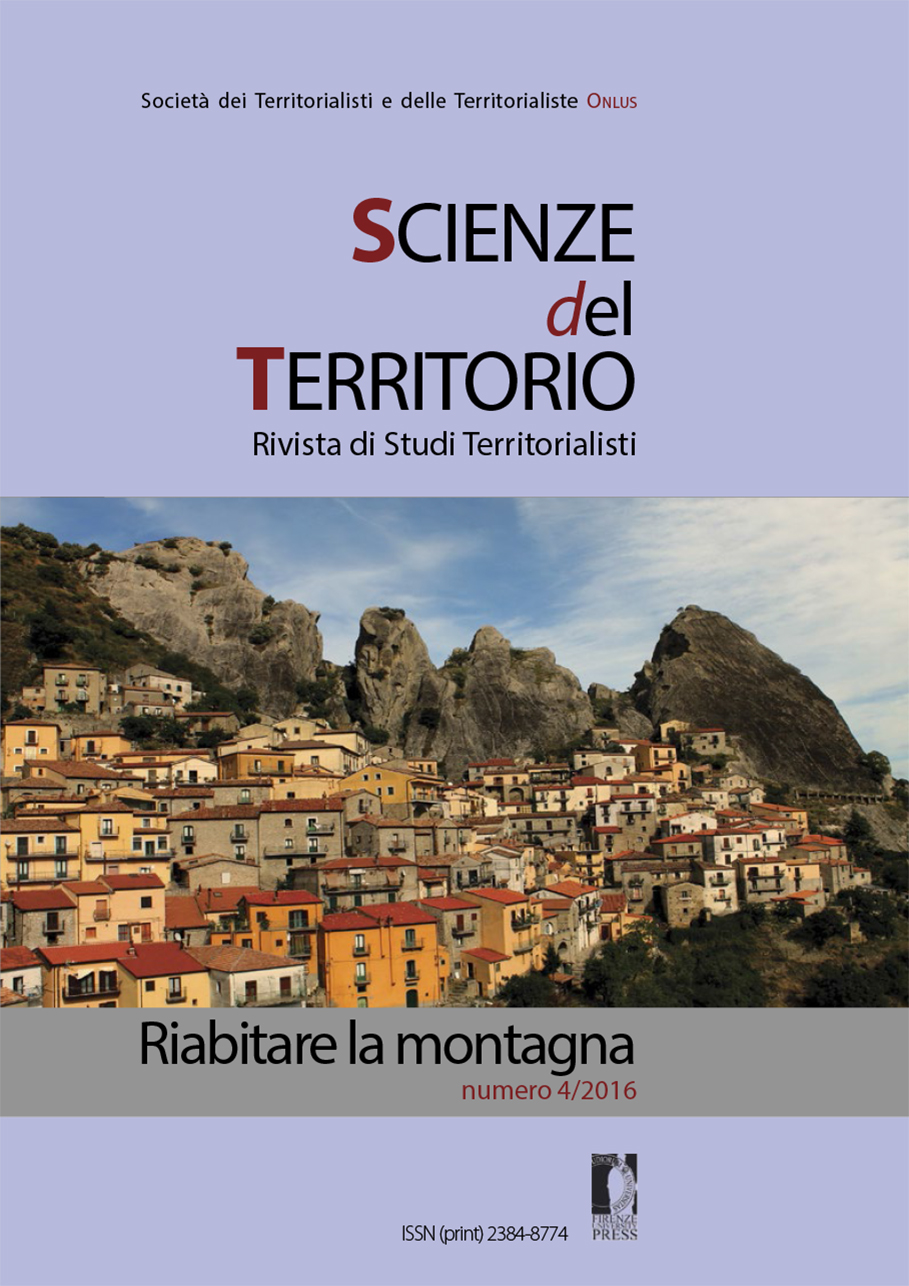Published 2016-11-28
Keywords
- lana,
- filiere locali,
- montagna,
- riconquista
How to Cite
Abstract
The maintenance of mountain environments and population is closely linked to the perpetuation of pastoral and craft skills. Wool - whose cycle is vital in mountain civilisation - has since millennia been a central livestock product and a raw material for handicraft in the valleys, having therefore a great value, both in term of use and exchange. Big industry is today excluding local European wool from the market; a EU regulation (no. 1774/2002) reduces it to special waste. In the 70s, wool processing cycle has been interpreted as a strategic tool for a re-conquest of mountains. The Charte pour la montagne, drawn up by the Longo maï collective, provides analysis and action lines resulting in the recovery of a spinning mill in the Briançon area. In this cultural environment, in 1989, the Atelier - Laines d’Europe is founded as an association of breeders, textile craftsmen, artists, educators, researchers and museum institutions engaged in the revival of local wool: they thus form a mutual support network creating local projects focused on the reuse of native sheep fibre and the experimentation for putting it in value.


